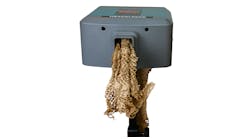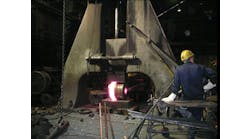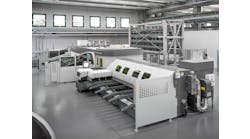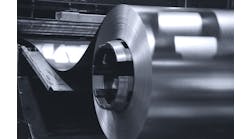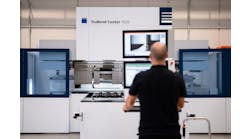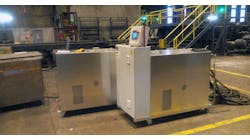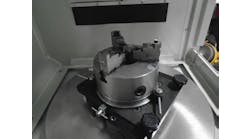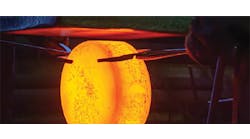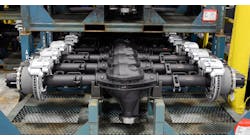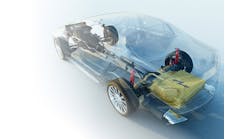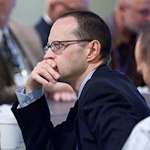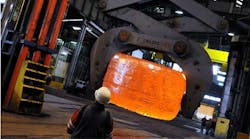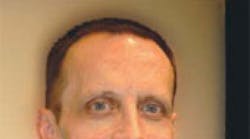Creusot Forge, a producer of large-dimension forgings and castings for nuclear engineering operations, inaugurated a new hydraulic press in June at its plant in eastern France. The project was initiated in 2012 in response to increasing global demand for heavy forgings for reactor components, a sector in which Creusot Forge parent Areva NP is among the world’s most significant players.
Areva is a multinational organization active in nuclear energy system design, development, and operation, formed through a series of mergers and acquisitions over several decades. It is the developer and supplier of the EPR Generation III pressurized-water nuclear reactors, already installed at several power plants in Europe and currently scheduled for two new installations in China.
Areva characterized the new forging press project as an effort “to ensure the industrial durability of (its) Le Creusot manufacturing site, which supplies large forgings and castings mainly to the nuclear market.” The new press was chosen to replace a previous machine rated at 7,000 mt. Creusot Forge also operates an 11,000-mt hydraulic press.
Areva assigned the development to TS Plzeň a.s., a Czech engineering group that lists forging presses among a series of heavy-machinery design capabilities. In addition to the new 9,000-mt press, the order called for a 200-mt manipulator to interact with the machine. At the time of the contract placement, Areva indicated the entire project would cost €40 million (about $55 million.)
TS Plzeň’s CKV hydraulic presses are vertical four- or two-post designs with plungers operating from a fixed upper crosshead. To extend the service life, the plungers are surface hardened and guided in solid housings along the press columns. In the lower beam, a longitudinally positioned movable forging table is mounted on guided anvils that expedite die changing.
CKV presses are electro-hydraulically remote controlled. High-accuracy forging is achieved by the press control system.
All press movements are tracked by incremental or absolute sensors, with data transmitted to the control computer. Control software manages the entire forging process automatically, optimizing operation and results and minimizing the level of preheating required.
The new press forges 15- to 260-mt ingots of steel, ferrous alloys, and superalloys, efficiently and cost-effectively, thanks to numerous automated functions, including automatic tool change and laser dimensional control. “We are giving them the means to stay competitive in a increasingly competitive industry,” according to Philippe Knoche, Areva director general and a member of the executive board.
In addition to nuclear reactor components, the Creusot Forge suggested other downstream markets it may target, including aerospace, line pipe, chemical refineries, storage containers, and offshore oil-and-gas development.
